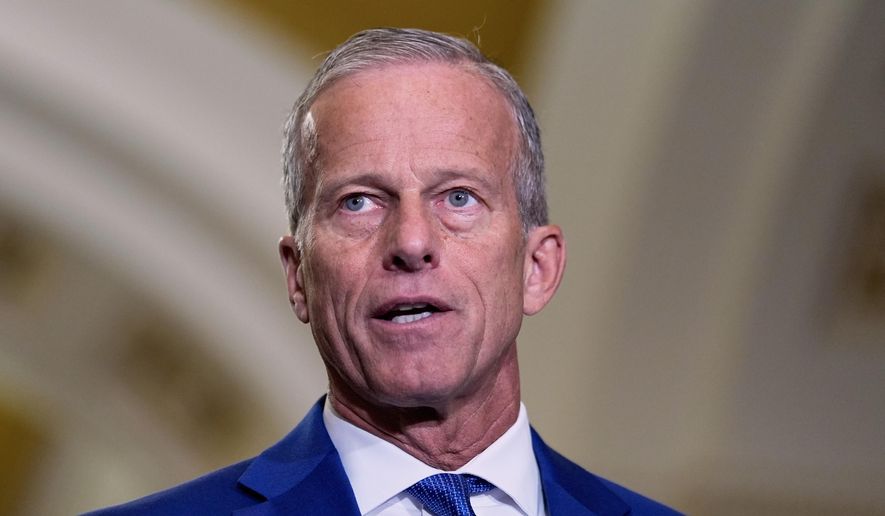ANNAPOLIS, Md. (AP) — As COVID-19 cases continue to rise, Maryland lawmakers will be gathering for their annual legislative session this week to focus largely on helping the state recover from the coronavirus pandemic and to take up policing reforms.
Gov. Larry Hogan announced a $1 billion COVID-19 relief plan Monday that will require legislative approval. It includes tax relief and payments of up to $450 for individuals and $750 for families in need who have claimed the Earned Income Tax Credit.
Hogan also is proposing ending local and state income taxes on unemployment benefits. The plan includes $300 million in tax relief to help Maryland restaurants and small businesses by allow them to keep up to $12,000 of sales tax over the next four months.
On Wednesday, senators will convene for the first day of the 90-day session behind transparent enclosures that have been built around their desks. In the House, a quorum of delegates will convene in the House chamber, while others will gather in a nearby office building and participate remotely.
The Capitol will be closed to the public for the session, as delegates who are immune-compromised will sit socially distanced in the gallery where members of the public usually sit. Floor sessions and committee hearings will be shown online, with members of the public about to testify virtually during bill hearings.
“There is no doubt in my mind that this will be a session like none other, that will be incredibly challenging,” said Senate President Bill Ferguson, a Baltimore Democrat. “We are simply going to have more challenges in the sheer logistics of the legislative process, and so that’s going to require us to prioritize what’s most important and most urgent.”
The General Assembly, which is controlled by Democrats, and the Republican governor also will be contending with a projected budget deficit of roughly $750 million for the next fiscal year. They are hoping more federal aid will help address the gap, while lawmakers also will look for savings in other parts of the budget to help recovery efforts.
House Speaker Adrienne Jones said lawmakers will be working on long-term help to help people get back on their feet, particularly regarding unemployment assistance. Lawmakers were inundated with complaints from Maryland residents about difficulties navigating the state’s unemployment system during the pandemic, Jones said.
“So we are looking at expanding benefits for those that have been long-term unemployed from COVID and implement some structural reforms to the Department of Labor, and we’re looking also to get some support for those small businesses that have not laid off employees during the pandemic.”
Lawmakers also will consider direct assistance to help people avoid eviction and to pay utility bills.
Broadband reform and improvements to virtual learning will be priorities as well, after the pandemic exposed disparities in technology as students worked online from home. Legislation to create incentives for teleworking also will be before lawmakers.
A House workgroup worked for months to develop law enforcement reforms after protests in cities around the country last year in the aftermath of George Floyd’s death in Minneapolis. Recommendations include requiring all police departments to use body cameras by 2025 and creating a standardized, statewide, use-of-force policy. Legislation also would ban chokeholds and create stronger punishment for use-of-force violations.
The Senate also has been working on a package of police reform measures. Ferguson said there was strong agreement between the two houses on different policy areas under consideration.
“Passing substantial legislation that truly reforms law enforcement in a way that we restore trust accountability and transparency is a must-pass package of bills this year,” Ferguson said.
Both Jones and Ferguson also voiced confidence they would override Hogan’s veto last year of a sweeping education measure that includes billions of dollars in new funding over 10 years. Ferguson said there will be an emergency companion measure to work in tandem with last year’s legislation to make adjustments due to the pandemic.
“It is more important now than ever that we have a road map for the next 10 years to improve our public educational options in Maryland,” Ferguson said.
2021 The Associated Press. All Rights Reserved. This material may not be published, broadcast, rewritten, or redistributed. PHOTO AP





















